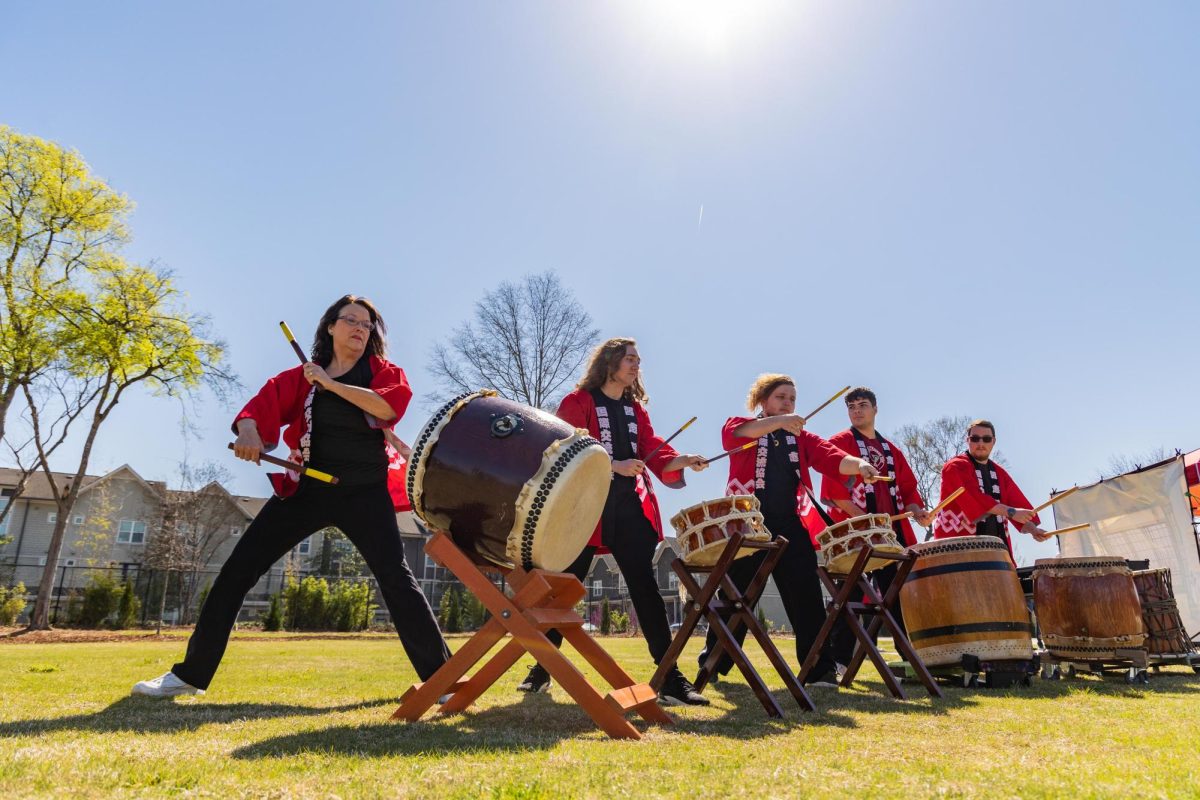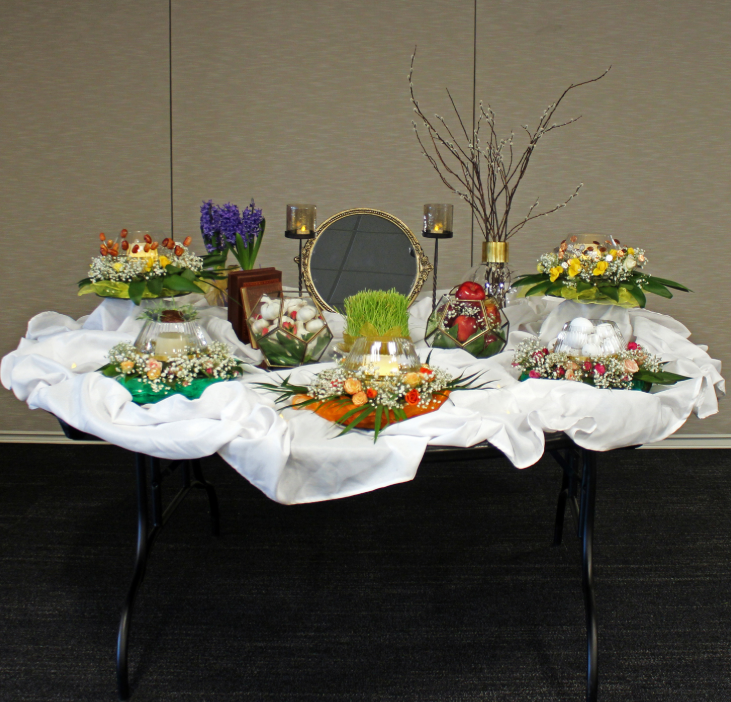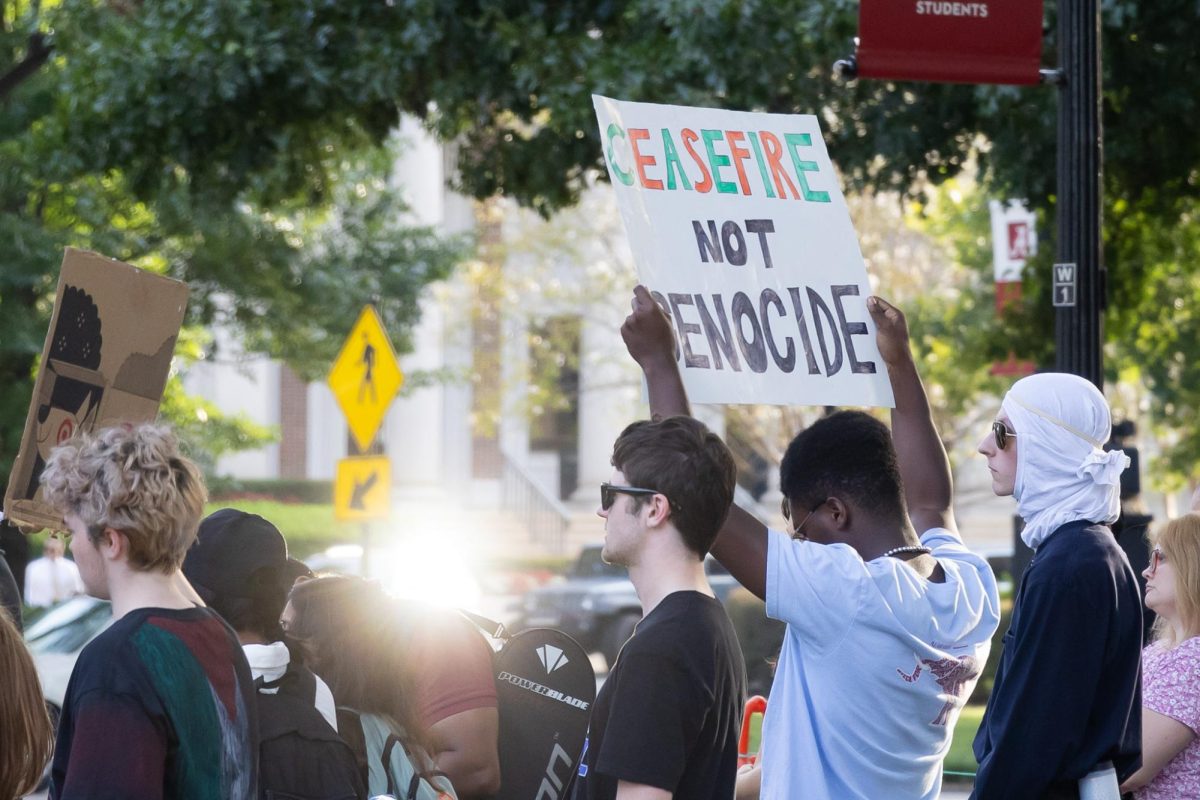By Caroline Smith | Staff Reporter
Our university has seen peacefully indignant protesters marching in unity around the quad for immigration rights. It has seen hordes of people congregating to protest the admission of black students. It has seen a flood of disturbed, heartbroken activists walking together in remembrance of a young girl who lost her life because of sexual assault. It has seen picket signs, rallying cries and silent defiance ever since its beginning in 1831. Could the voices of students grow in strength if given the avenue of a free speech zone?
A free speech zone is an area designated on a college campus or other public place specifically for protesting of any kind. At The University of Alabama, there is currently no free speech zone. Rather, we have a system that requires students wishing to make a public display on campus to apply for a permit.
Colleges with free speech zones include Appalachian State University and Penn State University. On the other hand, some states have outlawed public universities’ ability to establish free speech zones, including Virginia, Missouri and Kentucky. Closer to home, Auburn University has no such defined zones.
There are mixed opinions about whether or not the University should delineate a free speech zone. The University of Alabama’s associate vice president for communications, Monica Watts, gave the University’s position on the matter.
“Instead of limiting free speech areas on campus, our grounds use permit policy allows campus affiliates to request the space that meets their needs and helps University staff coordinate appropriate campus resources [security, grounds keeping, etc.], avoid scheduling conflicts and remain content-neutral,” Watts said. “This helps ensure the safety of our students and campus community and offers all campus-affiliated parties the same opportunities without disrupting the University’s ability to provide its essential services of teaching and learning.”
Some find the University’s current process to be time-consuming and difficult to navigate. Jared Hunter, SGA president and a senior studying political science and economics, expressed some discontent with the current system.
“I do think that there is a certain level of unneeded bureaucracy when it comes to being able to assemble,” said Hunter. “When you submit a grounds use permit, it kind of ping-pongs across the campus because it needs signatures from about six different people including like UAPD, Grounds Keeping Facilities, somebody with Student Affairs, somebody with Campus Affairs, somebody from the Source and somebody else.”
Every university across the nation finds the need to regulate free speech in some way due to the inherent physical dangers that protesting may bring. Dianne Bragg, assistant professor in the journalism and creative media department, offered insight on why she believes challenging rhetoric should have a presence on campuses.
“The first amendment is for the speech that people hate,” said Bragg. “In the 1960s, the speech that people would have hated on this campus would have been speech about integration and racial equality and admitting black students to The University of Alabama. They were wrong. So, we have to be very careful about restricting speech even though it might be something that we find repugnant or repulsive.”
Bragg supports the idea of adding a free speech zone in addition to the permit system we already have in place.
“I am not saying either/or; I think both,” Bragg said. “I think a university still will have permits and processes you go through to bring speakers on campus and those kinds of things, but I think in addition to that, it would be nice to have a free speech zone where students have a place to express themselves in all kinds of different ways. I think it would give students another avenue that if you don’t want to bring a speaker in, and you don’t want to go through a process, you just have something you want to say, then there’s a place where you can go to say that.”
Alyssa Comins, a junior public relations and marketing double major, explained that she is conflicted on the issue.
“I feel like in this political climate, things are changing a little bit, and so, in the future it might be necessary to have a free speech zone,” Comins said. “I guess my problem with the free speech zone is that it sounds good to people until the opposing side uses it for free speech, and then, all of a sudden, it’s not so great anymore.”
Sierra Stockley, a junior studying political science and SGA’s director of media relations, does not support the University creating a free speech zone.
“The way I think of it is, if we have free speech zones, it’s basically putting a limitation on free speech,” Stockley said. “You’re saying, ‘Hey, this is a free speech zone where you can say whatever you want.’ And then, people are saying, ‘Well, why can’t I say anything I want anywhere on campus?’ I believe that we should be able to exercise that right wherever we are on campus as long as it is not involving violence or hate.”
Hunter shared a similar opinion.
“I definitely think it is important for students to be able to voice their opinions on campus and exercise their first amendment rights,” said Hunter. “In terms of actual free speech zones, it’s our opinion that in a way that set sets students up for a misinterpretation of what real life is. We want The University of Alabama to be a place where students feel comfortable expressing their opinions anywhere on campus.”
The debate continues over whether a free speech zone would help or hinder students who wish to express their opinions. Hunter shared his desire to make sure everyone on the campus feels heard.
“If it is something that is important to our society or something important to that student, then I would love for them to be able to express that in whatever way possible,” Hunter said. “So, if expanding that ability is going to the administration, going to grounds and facilities, going to The Source and seeing what we can do to make it easier for students to assemble, then that is absolutely something I would be interested in doing, and I know the SGA would be concerned with as well.”









